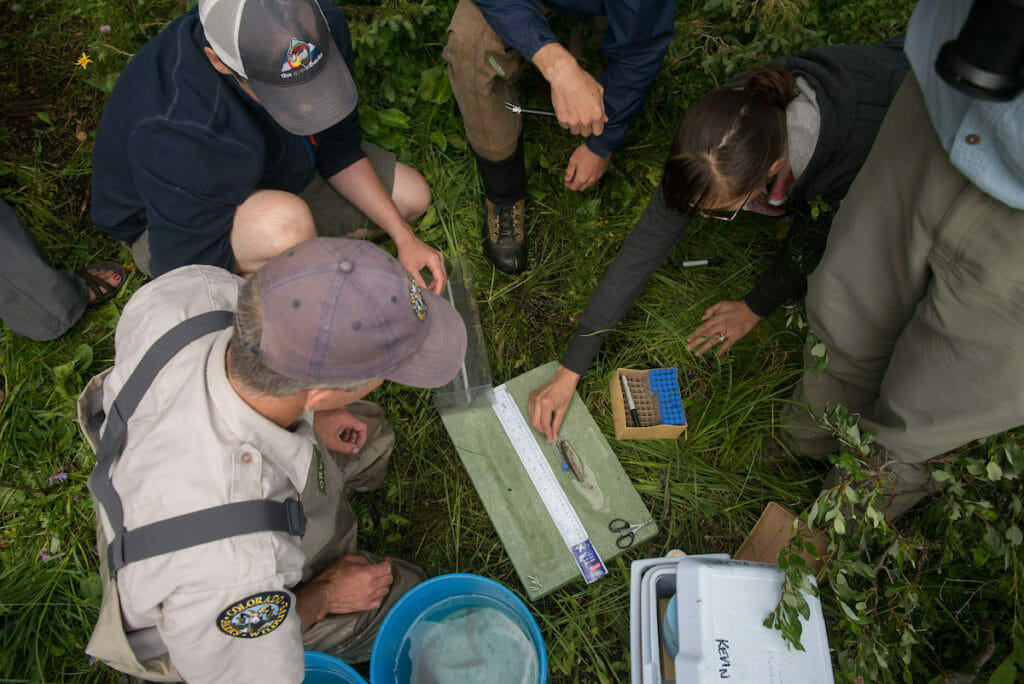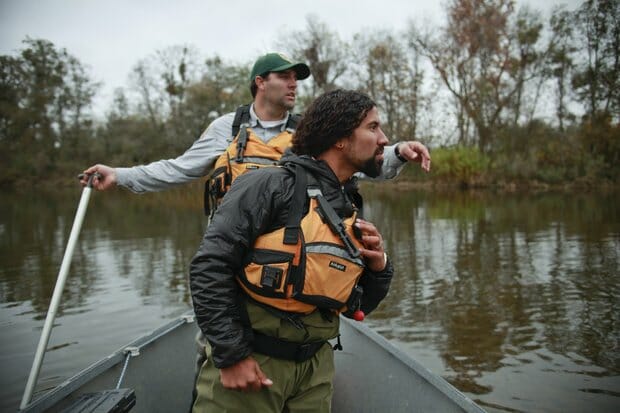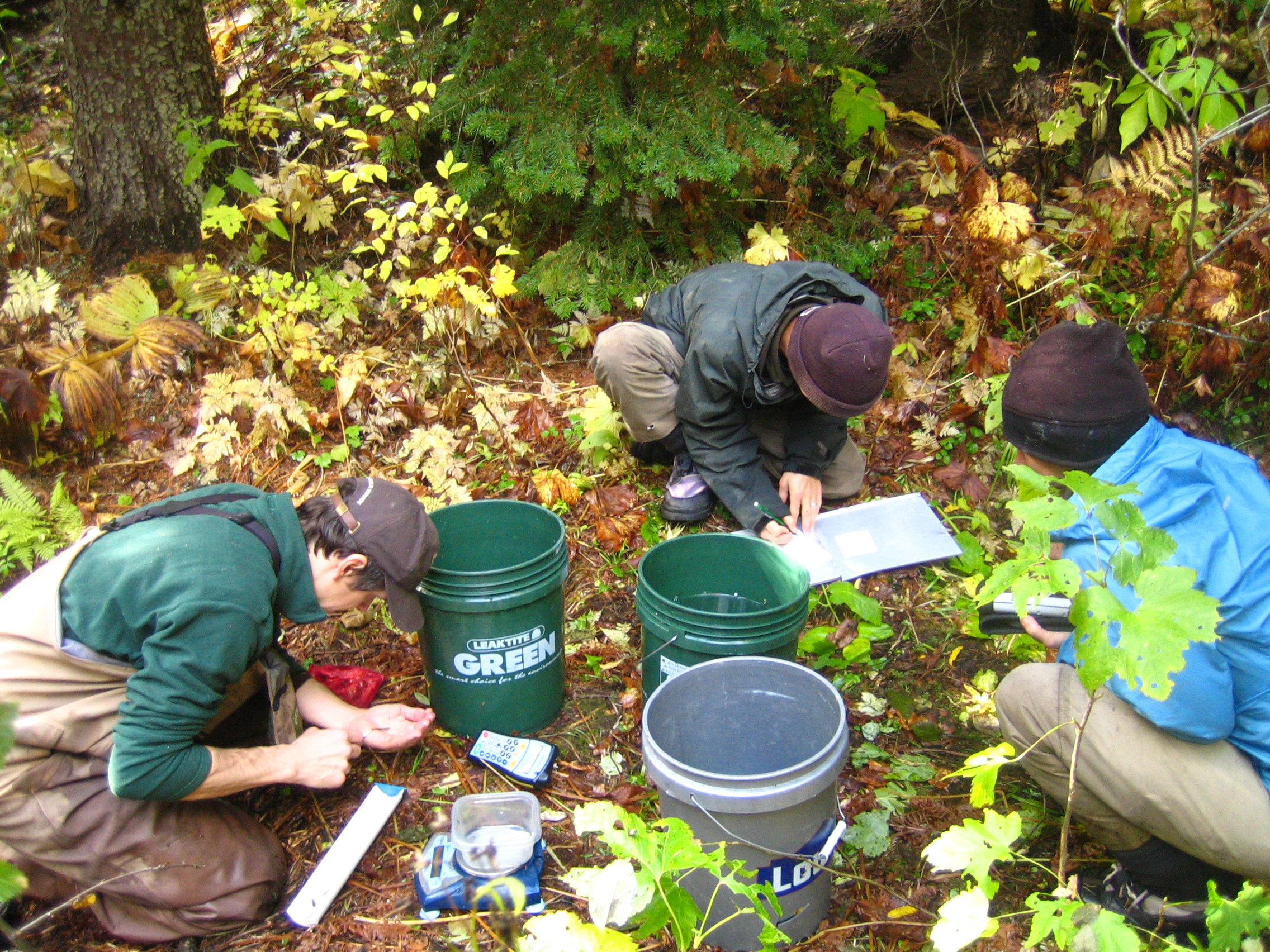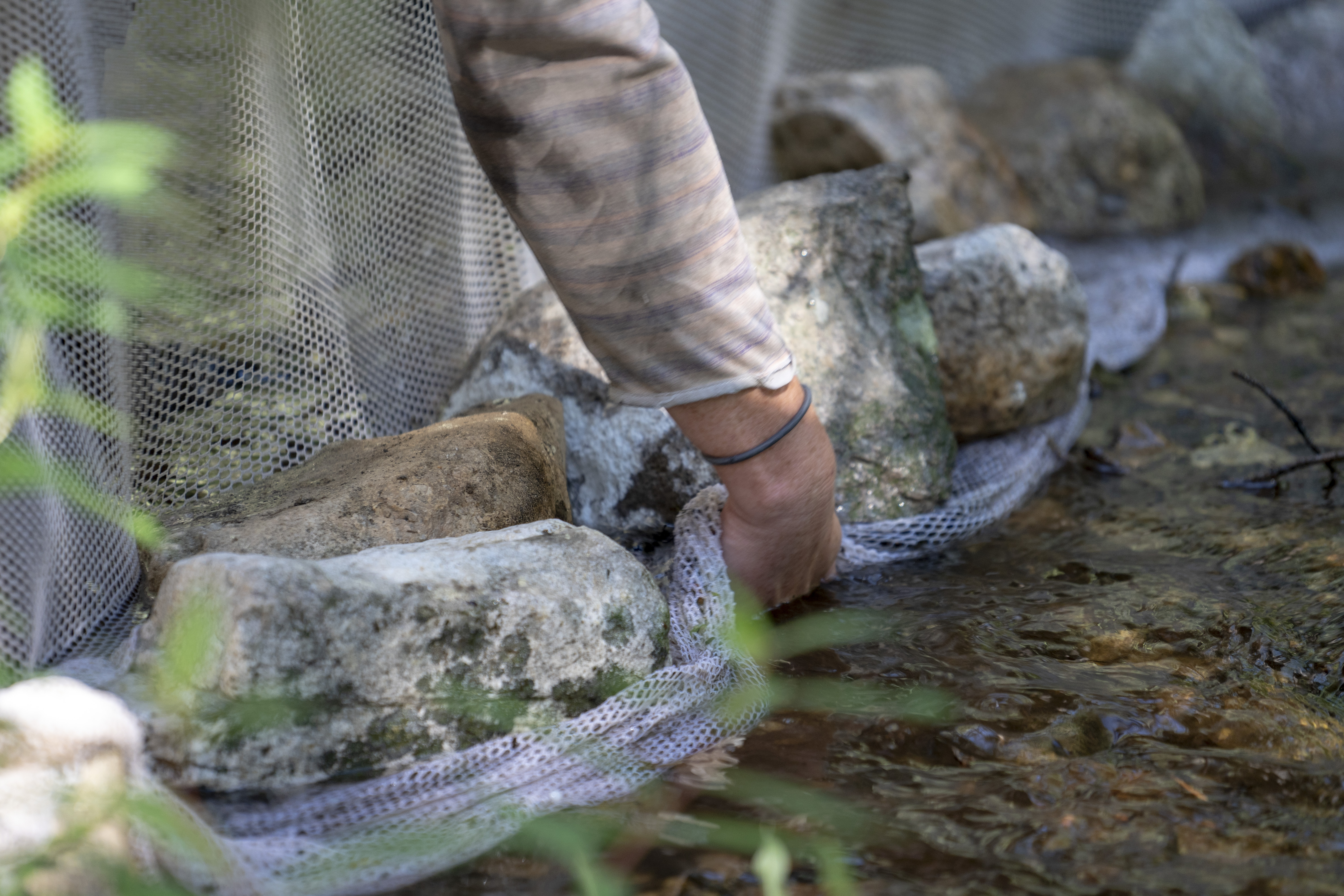
Science
Making fishing better … with science!
Who We Are
As one of the nation’s foremost aquatic conservation organizations, Trout Unlimited works to ensure its efforts to protect, reconnect, restore and sustain coldwater fisheries and their watersheds are based on the best available science. Our science staff promote science-based policies, guide where and how the organization conducts its conservation efforts, provide tools for more effective conservation planning and ground-work, and conduct original research with a host of collaborators. Our national network of scientists, program staff with considerable science backgrounds, and support staff work broadly in the arenas of conservation research, conservation planning, restoration, monitoring and evaluation, and science engagement.
What we do
Our scientists have specialized skills in conservation genetics, web mapping & data visualization, fisheries and ecology, population modeling, entomology, hydrology, engineering, restoration and remote sensing. We provide scientific guidance for policy and conservation planning and assessment efforts, and develop persuasive technical and communication tools for programs within TU. We also engage in primary research, monitoring, and synthesis work with a host of external agency, university and NGO partners.

Monitoring and evaluation
Monitoring and evaluation are essential components of smart and effective conservation. Trout Unlimited scientists work closely with TU program staff, grassroots and partners to address the why and how of restoration. and ensure we are efficient and effective as possible.

Conservation research
Aquatic systems are complex and our understanding of how they function continues to evolve. Trout Unlimited scientists conduct a variety of research studies on fish and aquatic habitats to help ensure our efforts are consistent with the most current scientific knowledge of coldwater fisheries and their habitats.

Conservation planning
Conservation planning and assessment helps answer “where” questions related to trout and salmon populations to help inform, guide, and contextualize Trout Unlimited’s work.

Science engagement
An important aspect of our work is communicating our analyses and research in meaningful ways to a variety of audiences, from our peers in the scientific community, to resource managers and policy makers, TU staff, volunteers, and school kids.

